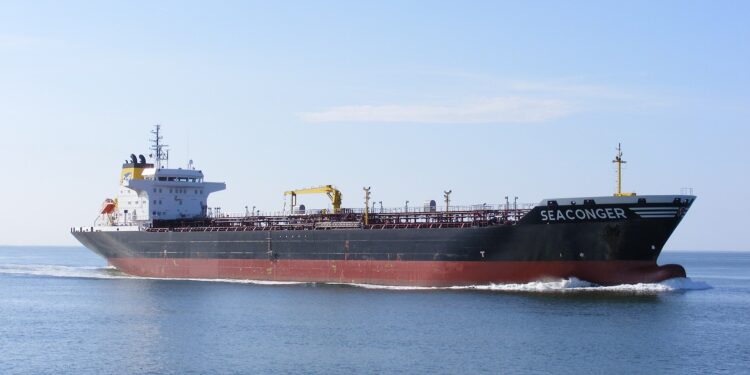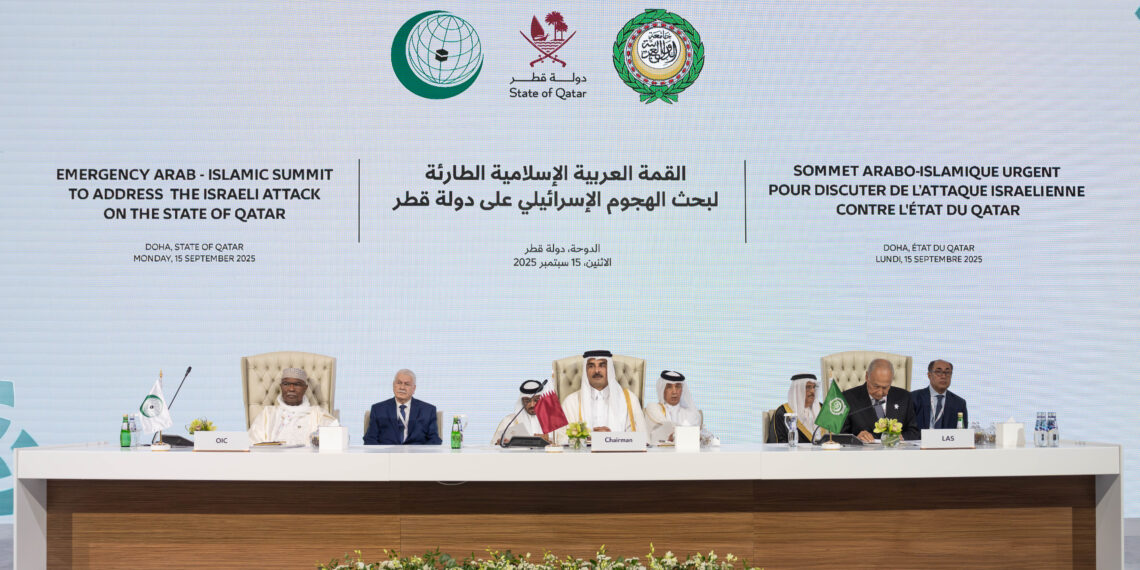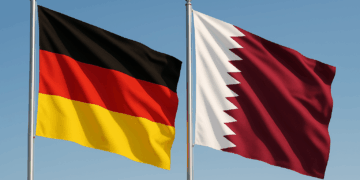The New York Times, citing sources and analysts, reported that Gulf Arab countries, led by Saudi Arabia, have increased their oil exports in recent weeks as a precautionary measure aimed at mitigating risks associated with the ongoing military escalation between Israel and Iran.
According to a report by Kpler, a company specializing in oil market data analysis, Saudi Arabia’s oil exports surged by 16% by mid-June compared to the same period in May. Similarly, both the United Arab Emirates and Iraq increased their exports by approximately 10%. The report noted that these volumes were intensively loaded onto tankers and primarily directed toward Asian markets, particularly China, which is one of the largest consumers of Gulf oil.
This Gulf maneuver comes amid concerns that the conflict could extend to the region’s energy infrastructure or disrupt navigation through the Strait of Hormuz, a critical passageway for global oil exports. Observers indicate that this precautionary measure reflects the preparedness of producing countries to address potential deteriorations in the security situation.
In the same context, Homayoun Falakshahi, head of crude oil analysis at Kpler, explained that Gulf countries are striving to export as much oil as possible within a short timeframe as a means of reducing exposure to risks. He clarified that this approach is driven by a desire to keep a significant portion of production outside the region, which could help secure a portion of revenues in the event of disruptions.
On another note, the report highlighted that Iran, despite being subjected to Israeli airstrikes in recent days, managed to achieve a slight increase in its oil exports. The vast majority of these exports are destined for China due to sanctions imposed by the United States.
Meanwhile, global oil prices have risen since the escalation began on June 13, with Brent crude recording an increase of approximately 10%. However, prices later declined by about 3%, reaching around $76 per barrel, following U.S. President Donald Trump’s announcement to postpone his decision regarding U.S. intervention in the conflict.
On a related front, reports indicated that insurance costs for oil tankers in the Gulf have surged by 60% since the onset of the escalation, according to Marcus Baker, global head of marine insurance at Marsh McLennan. Additionally, the cost of shipping on large tankers traveling from the Gulf to China has risen by approximately 50%.
This scenario reflects growing caution in global energy markets amid a regionally unstable environment, prompting producing countries to adopt preventive measures to safeguard their vital exports.







